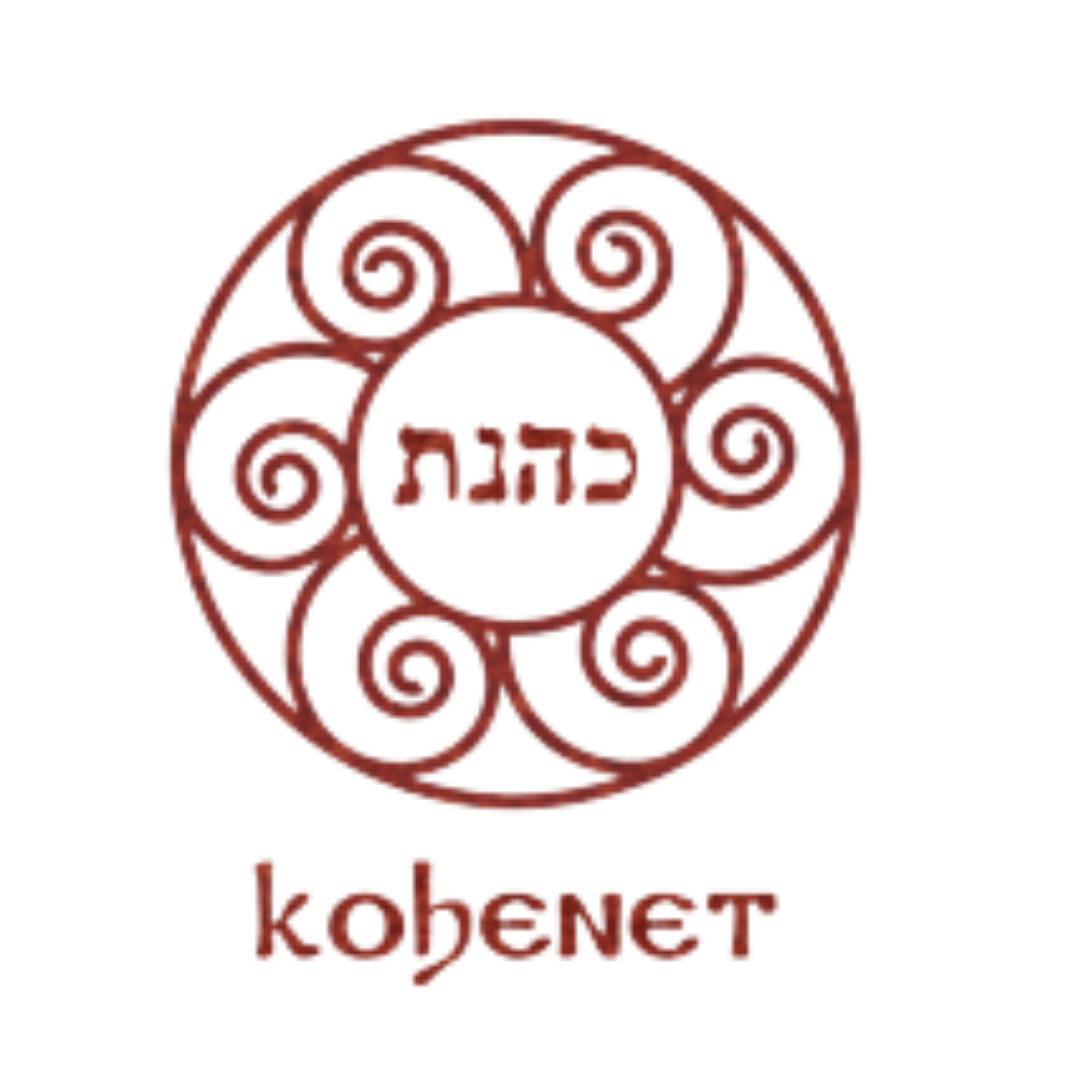The authors’ introductions to The Hebrew Priestess are just the beginning of the treasures in this book. Both introductions tell of the authors’ journeys to the priestess path and their co-founding of the Kohenet Hebrew Priestess Institute, which now has chapters on both the East and West Coasts of the United States.
Rav Kohenet Jill’s introduction, the longer of the two, begins and ends with symbolic and possibly prophetic dreams, discusses the influence of her childhood, her education, the conflicts in her desire to be a rabbi, and the influence on her of the feminist movement and Jewish women poets, of which she writes:
“To me, what these women were writing could not be defined solely as poetry. It was liturgy. God was mother, lover, bride, queen, even rebel lesbian . . . . I learned the word Shekhinah – divine presence, bride of God – and then heard a respected professor rail against Jewish feminists’ use of the word. . . . Why all the anger? I began to wonder. What is there to be afraid of in a female image of God?”
She also tells of her time in rabbinical school, her writing of midrash (stories interpreting biblical texts), her time studying in Israel, of her building of altars centering around the female divine and earth-based spirituality, and other subjects leading to the founding of the Kohenet Hebrew Priestess Institute.
In her introduction, Rav Kohenet Taya writes of her involvement in African-Brazilian spiritual tradition while in graduate school and her time in a “women’s collective house that was a living laboratory of ecofeminist spirituality,” along with her discovery of Goddess. She ends her introduction with questions she suggests readers ask themselves and concludes:
“Know that you are not alone and that you are necessary. The world, Jewish and beyond, is gifted and transformed by your unique expression of spiritual connection and leadership. Your work and play and prayer are powerful. Your dancing and your loving are medicine. Your waking and sleeping dreams are sacred. Your laughter and your tears are holy. Your being is ancient and new and alchemical. We need your priestessing. We need you, priestessing. We need you, priestess.”

